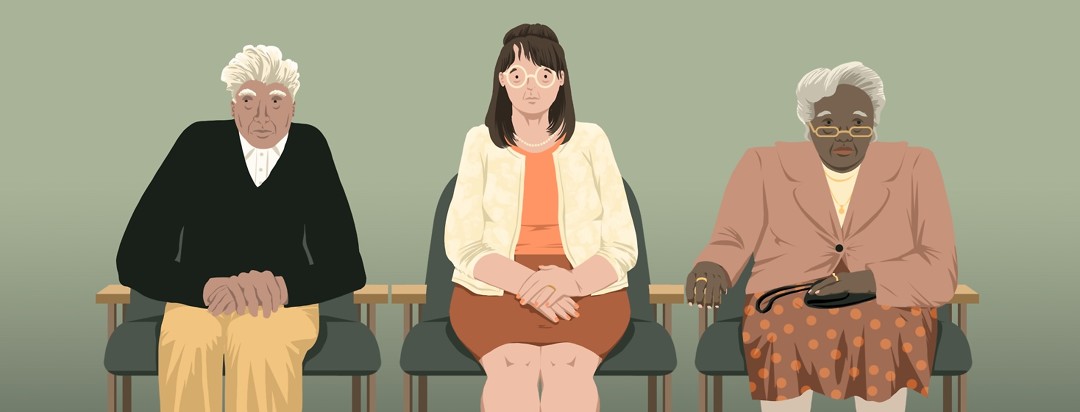The Issues Are Different With the Young
I’m going to start this article with an apology. When I think of Alzheimer’s, I think of older folks, seniors. It is an ‘older’ person disease. But in actual fact, it can, and does, happen to people in a much younger age group. I write this, not in minimizing those in the older stage of life but in emphasizing the difference in when Alzheimer’s is diagnosed in younger adults and the road that makes it different.
How many people have early onset?
I read an article about a man who had to retire at age 42 because of neurodegenerative dementia.1 It’s not Alzheimer’s I know, but it got me thinking about early onset. Early onset is defined as symptoms that begin before the age of 65. I did a search to find that in the USA, it is estimated that about 5% of all Alzheimer's cases happen as early onset. So looking at that statistic, if 4 million people have Alzheimer’s, 200,000 of those will be early onset. Let that sink in for just a moment...200,000 people under the age of 65 have Alzheimer’s.2 In Canada, where I live, the estimation is not different in our population, it is roughly 5-8% with early onset.3
A different set of challenges for the young
Since people with early onset are much younger, the issues they are dealing with could be, and likely are, quite different. In women, it may be more difficult to diagnose given the other normal changes our bodies go through with things like menopause. The earliest symptoms may be chalked up to this rather than something more serious because menopause is a normal part of a woman’s life cycle. Forgetfulness is not uncommon with the hormonal changes of menopause. We joke about our forgetfulness to help us cope. The difference between the forgetfulness of menopause and the forgetfulness of Alzheimer’s may not be so easy to determine either.4 Valuable time may be lost for early intervention and the support needed for Alzheimer’s.
People in their 40’s or 50’s may have arrived at a place in their life where they can coast for a while. They may finally be in a comfortable and knowledgeable place in their careers. They may have kids that are still at home but close to being launched into the adult world. They may finally be getting ahead financially, paying down their mortgages and planning for retirement. They could have aging parents who they need to focus on. Now they look at the future knowing they have a terminal disease. All of these things now will be left to their spouse or partner to deal with.
Why does this disease start earlier for some?
Why this disease starts earlier in some than in others is still an unknown. I have read that some authorities say genetics are not a part of it but more research is showing there is a very strong link to 3 specific genes which, like every other disease, may or may not express themselves.2 If the gene expression happens, it only needs to change in one of the three with early onset.
It is never fair when someone is diagnosed with Alzheimer's
It is never fair. I know there are illnesses that are more common in the older or elderly populations but when these illnesses happen to the younger, it is out of order. The devastation is not greater, it is different.
In looking at the path Alzheimer’s took in my dad’s life, at least I can say, he had a good life, a long life. Mom had many, many good years with him. I can’t imagine losing all of that because the disease started earlier.

Join the conversation